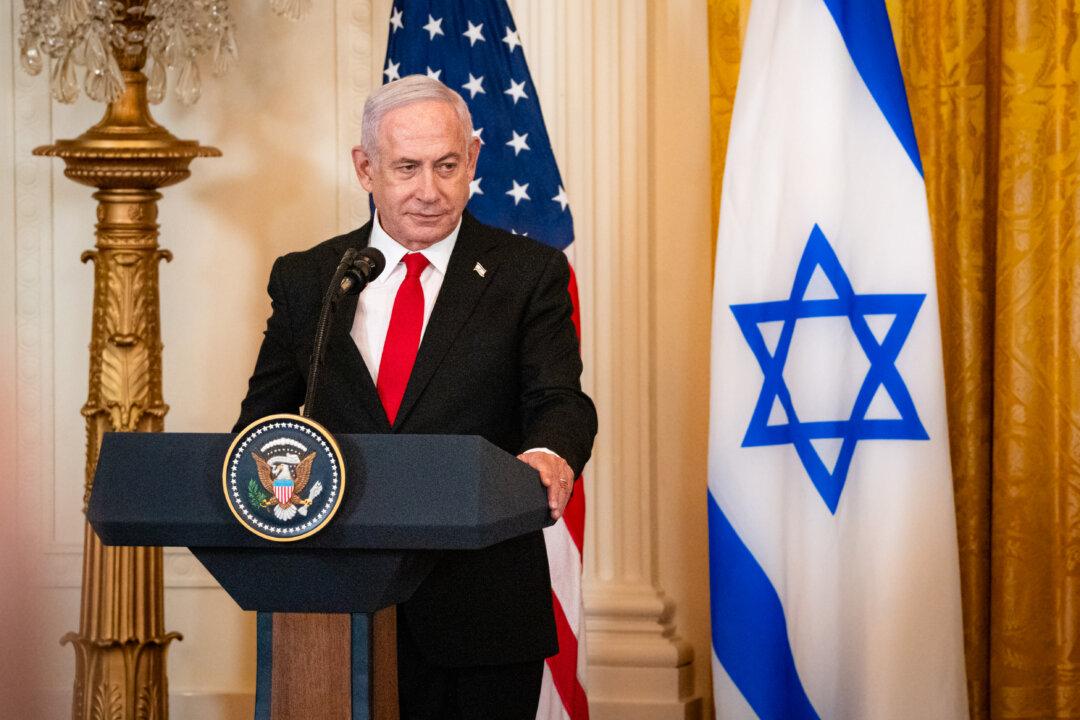Israel on Feb. 5 withdrew from the U.N. Human Rights Council (UNHRC), citing “ongoing and unrelenting institutional bias” against the Jewish state.
Israeli Foreign Minister Gideon Sa'ar, in a social media post announcing the withdrawal, cited President Donald Trump’s decision announced the previous day to pull the United States out of the council.





